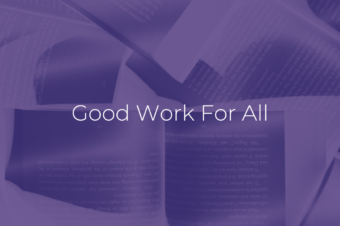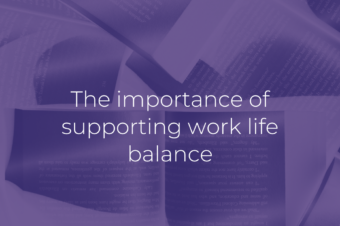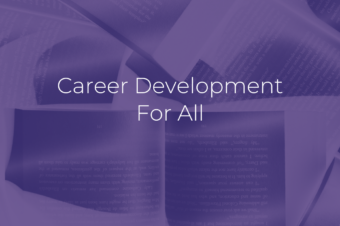
Despite government interventions, a quarter of employers expect to make at least some permanent redundancies as a result of the current Coronavirus crisis. I firmly believe that how employees are treated, those being made redundant and those unaffected, during the crisis is likely to have a significant impact on the perception of organisations once we emerge from lockdown.
Those enterprises deemed to have behaved badly in rushing to shed staff will probably find such behaviour adversely affects how their business is viewed externally and their ability to attract future talent; they may well lose customers and see revenues plunge.
The dilemma is around maintaining profitability and shareholder value versus staff retention and attraction. Reputation is everything; doing the right thing will enable you to maintain employee engagement and loyalty, ensuring you are able to weather the crisis and emerge with a strong brand reputation intact.
So, employers have a “Sophie’s choice” scenario, pleasing the shareholders via dividend distribution but adversely impacting employer brand, or retaining employees and running the risk of significantly reduced profitability and shareholder value in the short term.
Fair play for all
Liverpool football club made an embarrassing U-turn to reverse a controversial decision to place some 200 non-playing staff on furlough after fierce criticism for seeking government assistance during the pandemic crisis. The seventh-richest football club in the world recently announced a pre-tax profit of £42 million and increased turnover of £533m for 2018-19. There has been disapproval from the government at the spectacle of wealthy Premier League clubs seeking taxpayers’ money to help them through the crisis.
The UK’s biggest banks suspended dividend payments and share buybacks for 2019 and throughout 2020; the banks had been under pressure from the Prudential Regulation Authority (PRA). Other businesses have not followed suit but may well find, down the line, that having received government assistance to stay afloat, it may be difficult to justify dividend payments to shareholders.
Tesco came under fire for making a £365m dividend payment while taking a similar amount from the emergency Coronavirus support package. It’s not a simple equation though, Tesco’s sales rose 30% in the first weeks of the crisis as shoppers stockpiled but they are facing increased running costs after hiring 45,000 new staff to keep stores and distribution centres functioning. Andrea Felsted at Bloomberg suggests Tesco could have deferred the dividend, it could have been distributed at Tesco’s interim results in October, when feelings may not be running so high, or paid as a special dividend in 2021.
Trustworthy and reasonable
All businesses will see financial resources impacted with a downturn in revenue, and unprecedented operating losses but management have responsibilities towards employees. I believe that well-run businesses should be able to fund in the short term their salary bill. That’s not to say they shouldn’t look at reducing costs, after all that’s what the Government’s furlough scheme is for, however, consider the message being sent out to employees.
‘You are a valued asset; we are going to do all we can to retain you; we are prepared to take short term pain in order to ensure long term gain’. I believe that is a message that will resonate with both customers and shareholders.
The role of HR
For HR professionals, the importance of good communication and sensitivity are imperative both from an operational perspective and a reputational perspective. Staff welfare is paramount, not simply as something the firm boasts of in recruitment literature, but in very real terms by providing a safe place and system of work for employees.
Employee engagement and the trust employees have in organisational leaders at a time of huge uncertainty is something to nurture and maintain. Management that inspires trust also inspires productivity, morale, retention, innovation, loyalty and boosts the organisational bottom line more than any single other thing.
Communication is key
As the Government are profoundly failing to demonstrate, it is essential to be honest and straightforward in messaging if stakeholders are to trust you. Vague, patronising, misleading statements and failure to answer reasonable questions will damage credibility very quickly. In a crisis, poor communication is almost worse than no communication at all.
In safeguarding the business, your employees and brand reputation remember that proactive listening, empathy with stakeholder concerns, and frequent, confident communication will enable the organisation to be flexible and supportive in meeting both customer and employees’ needs.
Empty rhetoric
It is noticeable that the Government has been using war as an analogy to describe the scale of the task ahead. Likewise, as we look for the leaders in such situations we hope that ‘cometh the hour, cometh the man (or woman)’. I am thinking this is a litmus test for organisations – do we really believe people are our most important asset, or is that empty rhetoric? Cometh the hour, cometh the organisation that truly believes that people are their most important asset.
Connect with me on LinkedIn for more insights.








